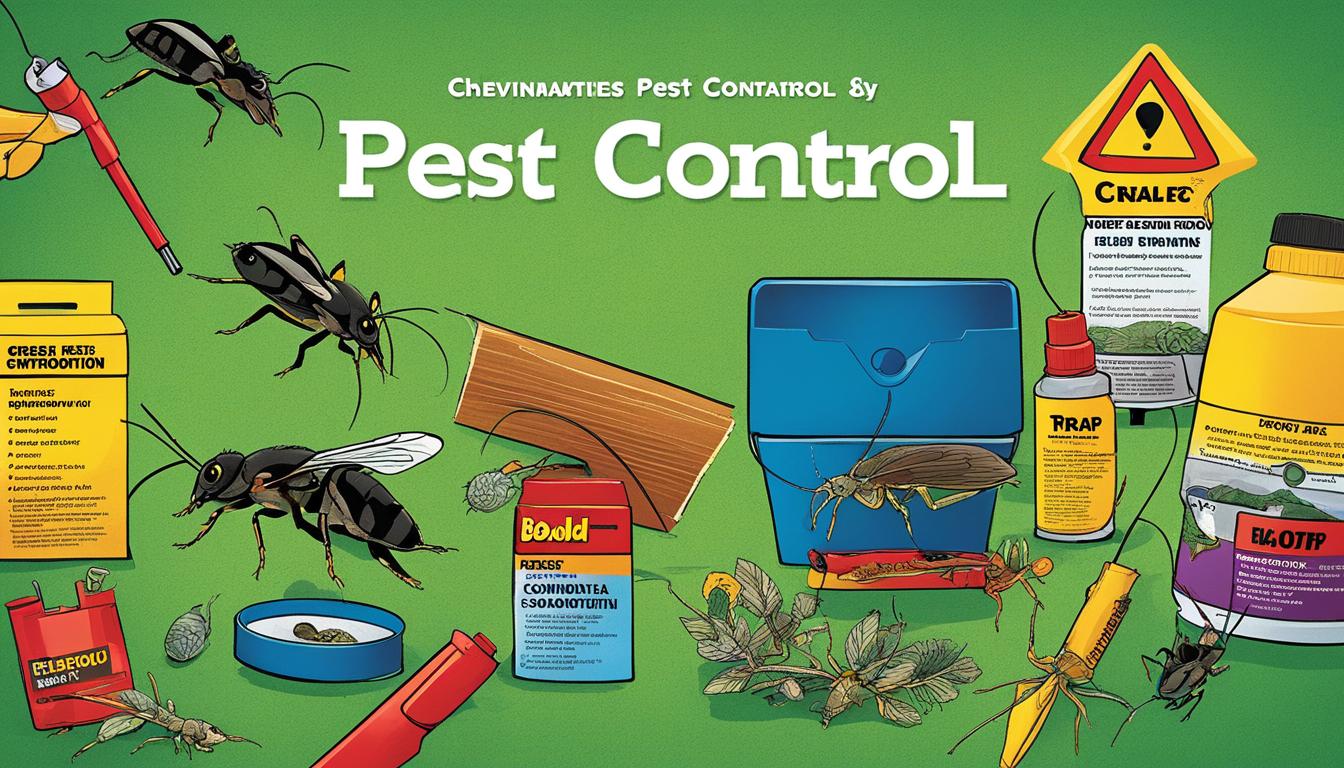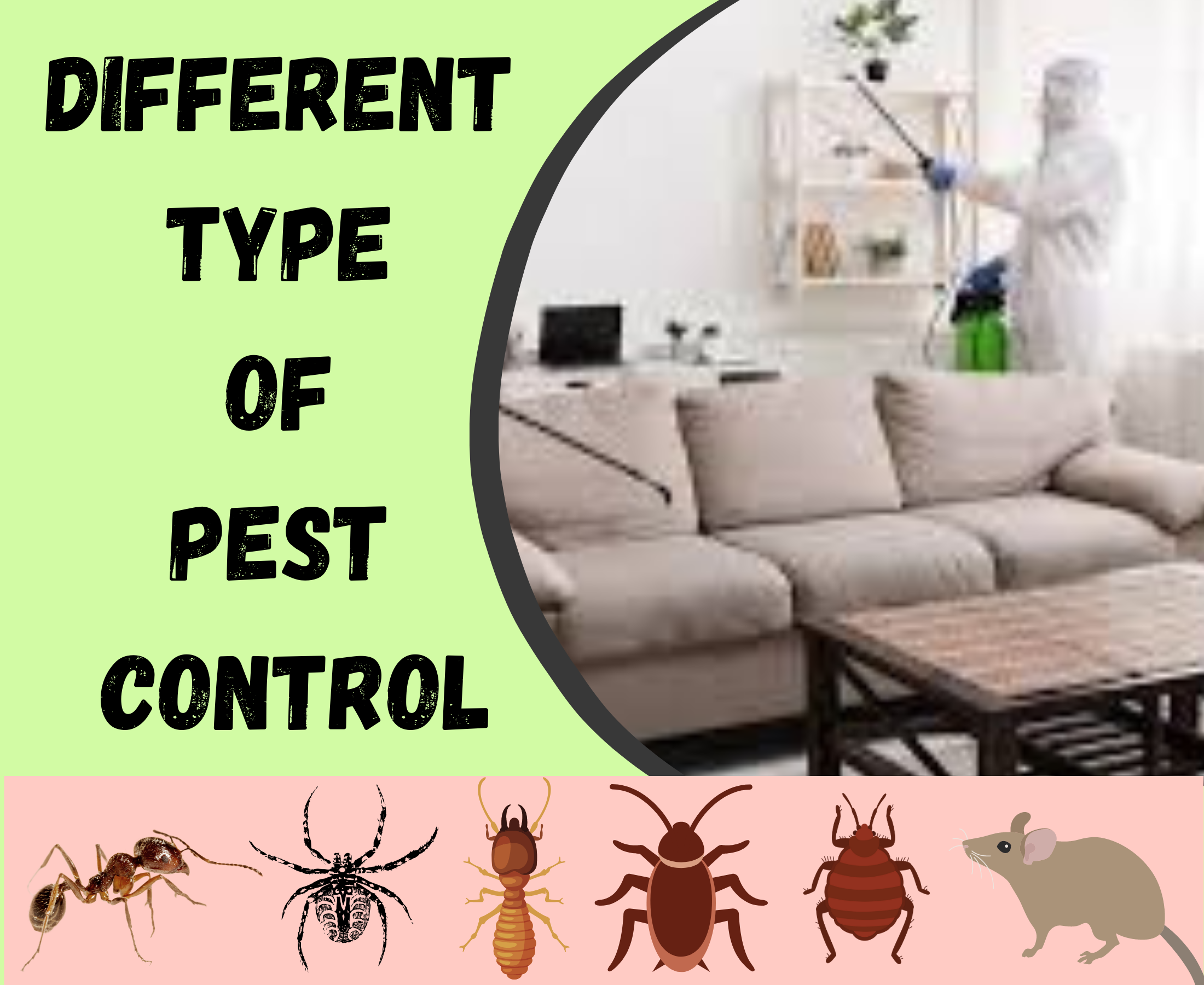An Unbiased View of Pest Control
An Unbiased View of Pest Control
Blog Article
Pest Control for Dummies
Table of ContentsFacts About Pest Control RevealedPest Control Can Be Fun For EveryoneA Biased View of Pest ControlPest Control Can Be Fun For AnyoneThe 15-Second Trick For Pest ControlEverything about Pest Control
Our searchings for reveal that the preliminary evaluation will certainly cost anywhere from $160-$300 usually. Preferably, homeowners must schedule evaluations for their homes at the very least annually. From there, several pest control specialists established rates based on the customer's particular needs. This typically costs anywhere between $400-$1000 for the whole year's insurance coverage, with monthly or bi-monthly check outs currently rolled into the last expense.Depending on the issue, a job that calls for an one-time check out generally sets you back $300 to $550. These are the simplest prices to detail in your insect control rates list.
Parasites that typically requires recurring visits consist of: Cockroaches. Our searchings for reveal that a preliminary go to is regarding $180 and is the very first of an ongoing agreement. During this initial visit, you need to: Evaluate the problem.
12-month agreement. Generally, the regularity of routine sees is: Each month: $40 45. Every two months (semi-monthly): $50 60. Every three months (quarterly): $100 300. Parasite control is a chemically-intensive company. Chemicals are the crucial materials that pest control men use to finish a job. Typical chemicals consist of: Boric acid.
The Basic Principles Of Pest Control
Vital materials and products you'll utilize consist of: Respirator. Sprayer. Handwear covers. Duster. Foamer Baiting devices. UV light. Other safety and security devices. It is very important to have every one of the right tools before starting a task. Your devices must be consisted of as part of your expenses costs. If you have workers, then labor expenses are mosting likely to be the greatest expenses for your service.
Limitations of Chemical Administration Be able to examine pest troubles, identify if monitoring is necessary, and make ideal referrals using IPM strategies. Be familiar with various techniques of pest administration - their advantages and constraints.
This chapter reviews (IPM), an approach that makes use of understanding about parasites and their, techniques, nonchemical techniques, and chemicals to take care of pest troubles. Additional information concerning IPM for specific plants is included in chapters that focus on those plants. Insects in a garden or landscape may include insects and mites, weeds,, mammals, and birds.
Not known Facts About Pest Control
Many individuals rush to draw, hoe, or spray every weed they see. Pests and weeds, nevertheless, contribute in the. After growing a yard or developing a grass, the all-natural process of plant sequence starts to reestablish and nonnative plants. A weed expanding in a yard represents the initial stage in a sequence of events that, if permitted to continue, can ultimately result in a forest.
What we call "bugs" are part of an all-natural system at the office. A community has no pests. Only humans take into consideration certain species pests when they happen where they are not desired. We will certainly be a lot more successful in managing undesirable varieties when we realize that these microorganisms comply with foreseeable patterns that we can make use of to our benefit.
Insects prone to a pesticide were click this quickly eliminated, leaving immune ones to breed and increase. It came to be clear that chemicals alone would not solve all bug issues.
An IPM strategy enables some level of insects in the environment. Bugs are much less most likely to make it through a program that uses lots of various techniques of minimizing their populaces. Integrated pest management was first recommended by entomologists due to the fact that bugs were the initial group of insects to show challenging to manage with chemicals alone.
The Ultimate Guide To Pest Control

Management as opposed to obliteration of bugs is the objective. An IPM plan begins with a mindful assessment of each insect infestation. Just after that can one decide about the ideal strategies essential to subdue pest activities. The life process of the pest, feasible damages, all-natural enemies, and impacts of weather, to name a few elements, are considered before a control plan is implemented.
Clover growing in a yard might be seen as an unwanted weed, however as a legume it is synthesizing nitrogen for the soil and the flowers are giving nectar to honey bees and other. Tolerance for some weeds might belong to an IPM plan. may be eating the fallen leaves of a plant, however when they are identified Homepage as the larvae of Eastern tiger swallowtail butterflies, their damage might be tolerated so we can take pleasure in the beautiful butterfly.
Matt Bertone Prevention is the first device in pest monitoring due to the fact that it is the most reliable, the very least pricey, most environmentally friendly option. Selecting a healthy plant that prospers in the desired place with the readily available light, growing it carefully, and guaranteeing that it has sufficient water and nutrients stops anxiety and lessens parasite problems.
Pest Control Things To Know Before You Get This
The second most important tool in insect management is very early treatment. Reacting to problems rapidly, prior to they have time to multiply, requires a less remarkable treatment.
Many risk-free, functional, nonchemical techniques of plant security and parasite management may minimize or get rid of the need to spray. Various other methods are most beneficial when utilized with pesticides. To carry out administration techniques appropriately and to minimize losses, garden enthusiasts must be mindful of the kinds of pests that strike plants and recognize pest biology.
Pest management techniques come under four teams: social, mechanical, organic, and chemical. Keeping plants healthy and balanced and stopping plant stress aids plants to better hold up against and fix the damage caused by a bug or mite insect. Some proof indicates that healthy plants stand up to infestation by parasites much better than plants with reduced vigor.
Performing a soil test and applying just the advised quantity of fertilizer and lime optimizes the benefit to the plant while lessening problems associated with too much use fertilizer. Treatment the soil with numerous inches of compost protects the plant in numerous means: reducing dirt water loss to dissipation, decreasing weed competitors, giving nutrients, and creating an ideal environment for earthworms and microbes that keep the dirt loosened for origins and damage down organic product to launch nutrients.
What Does Pest Control Do?

If tilling is deemed essential, take into consideration doing view publisher site it in the autumn when the life cycles of several bugs brings them near the surface area. At the surface, parasites end up being subjected to the weather as well as birds and various other all-natural adversaries.
Report this page